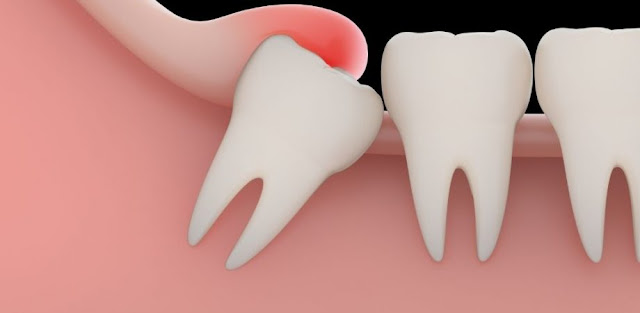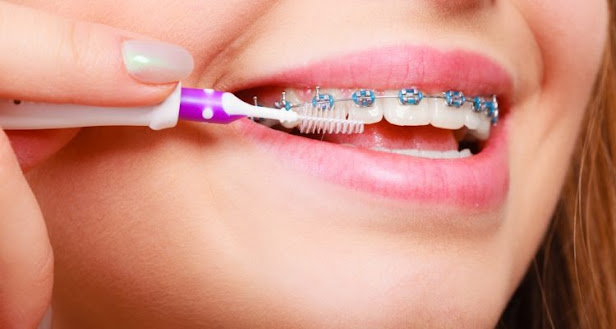The Complete Guide to Oral Care After Wisdom Tooth Removal
Why is Oral Care Necessary After Wisdom Tooth Removal?
The removal of wisdom teeth is a surgical
procedure and therefore it is important to take care of your oral health
afterwards. Proper oral care
helps to reduce any swelling, prevents infection, and helps to speed up the
healing process. Some of the common complications after wisdom teeth removal
are dry socket, infection, and delayed healing. To avoid these complications,
it is important to practice good oral hygiene and follow the instructions of
your dentist.
Things to Avoid After Wisdom Tooth Removal
After the removal of wisdom teeth, it is
important to avoid certain activities to ensure a speedy recovery and to
prevent any infection. Here are some of the things to avoid after the removal
of wisdom teeth:
· Avoid eating any hard or crunchy foods for at least 24 hours.
· Do not smoke or use any type of tobacco products.
· Do not drink through a straw for at least 24 hours.
· Avoid any hot drinks for at least 24 hours.
Best Practices for Oral Care After Wisdom Tooth Removal
To ensure a speedy recovery and to prevent
any infection, it is important to practice good oral hygiene and follow the
instructions of your dentist. Here are some of the best practices for oral care
after wisdom teeth removal:
Keep the area clean by gently brushing your teeth twice a day using a soft-bristled toothbrush and toothpaste.
- Rinse your mouth with saltwater solution to reduce pain and reduce swelling.
- Avoid any type of mouthwash for at least 24 hours as it may irritate the area.
- Take medications as prescribed by your dentist.
- Eat soft foods and avoid any hard or crunchy foods for at least 24 hours.
- Drink plenty of water to keep your mouth hydrated.
- Visit your dentist for a follow-up appointment to ensure that the area is healing properly.
Teeth Cleaning and Teeth Whitening After Wisdom Tooth Removal
Once the area has healed properly, it is
important to get your teeth cleaned and whitened to maintain a healthy and
beautiful smile. Professional teeth cleaning
helps to remove any plaque and tartar that has built up on your teeth and also
helps to brighten and whiten your teeth.
Teeth whitening
can also be done to lighten the color of your teeth and give you a brighter and
whiter smile. It is important to consult with your dentist to determine the
best teeth cleaning and teeth whitening options for you.
Conclusion
Oral care is essential after the removal of
wisdom teeth to ensure a speedy recovery and to prevent any infection. It is
important to practice good oral hygiene and follow the instructions of your
dentist. Avoid any hard or crunchy foods, smoking, drinking through a straw and
any hot drinks for at least 24 hours after the procedure. Once the area has
healed properly, it is important to get your teeth cleaned and whitened by a
professional to maintain a healthy and beautiful smile. If you are looking for
the best dentist in Jaipur
for teeth cleaning and teeth whitening, then Dr. Smile Dental Clinic is the
best choice for you.




Comments
Post a Comment